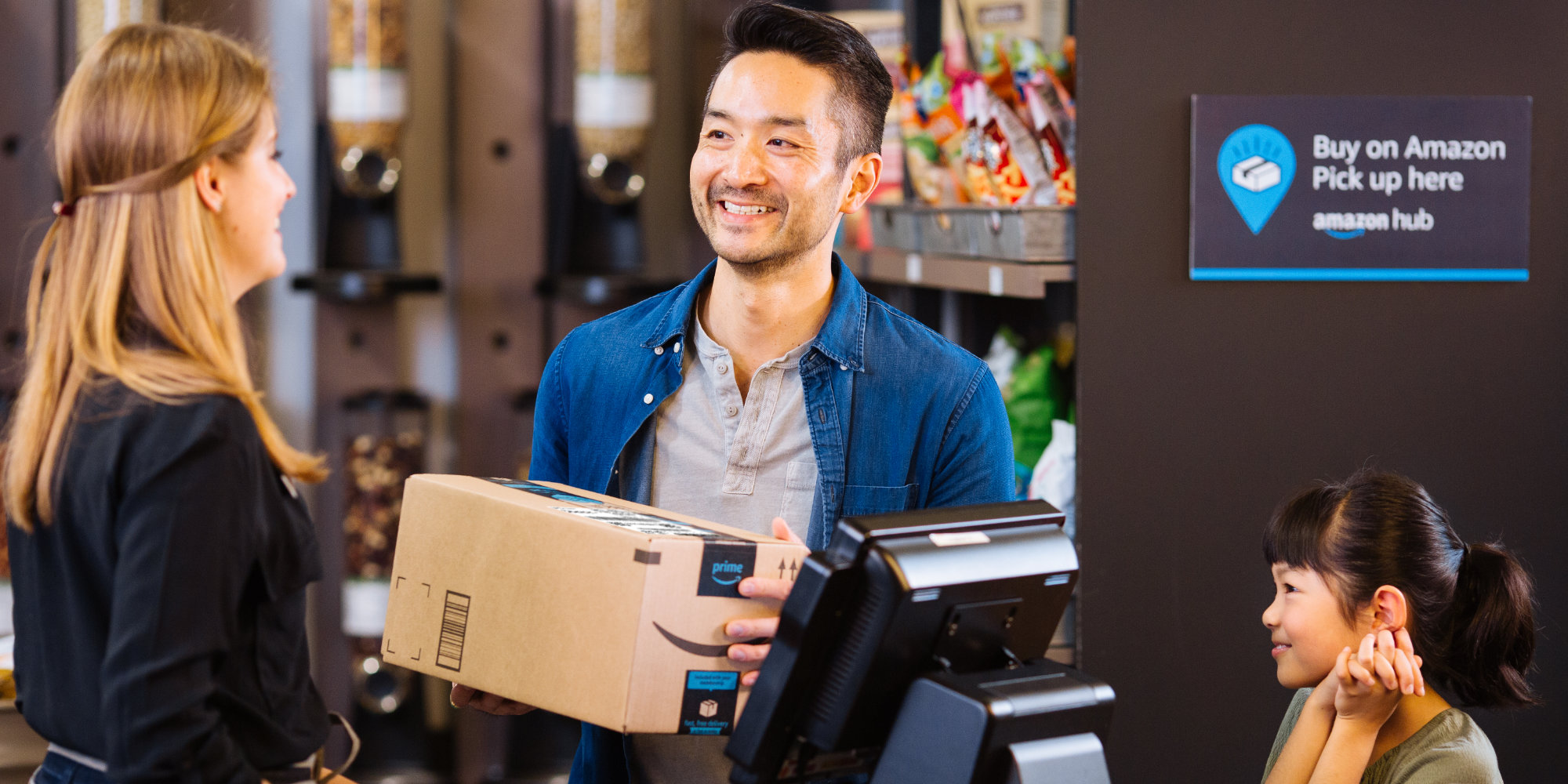
He had taken reasonable business decisions throughout, yet the maths no longer added up. He talks with the patient, weary air of someone seeking absolution for his choices. They know the habit will harm them, but it provides a short-term fixĪs he recounts this chapter of his story, Elmas’s smile falters for a second. Some restaurateurs describe delivery apps as an addiction. But the commission for the Soho branch would now be 35%.

The company was delighted to take him on. He turned to Deliveroo once more, this time for sheer survival. Suddenly Elmas had to pay rent on a central London site and the customers had vanished. There would be a constant flow of passing tourists and shoppers and it was close enough to Theatreland to capture the pre- and post-show trade he hoped that office workers, weary of yet another sandwich from Pret, would come for healthy meze and salads during the day. Six years later, he was making a small but steady profit, enough to invest in a second restaurant, this time on a knobbly side street in Soho in central London. Once staffing, food costs, rent and taxes were factored in, he was left with a margin of less than 10%. Deliveroo took a commission of 25%, which seemed high. He could always stop if he wanted to, Elmas thought. It turned out that Olives and Meze was exactly the type of place the delivery apps were keen to bring on board: it served restaurant-quality food that was more than a guilty pleasure.

#Amazon secret delivery full#
But the graveyard of failed businesses is full of proprietors who refused to adapt. The restaurant was doing a good trade without offering delivery. But soon he noticed that most restaurants in the area were on one of three delivery apps: Deliveroo, Uber Eats and Just Eat. Elmas didn’t think of it as somewhere that did takeaway – he assumed that was just for pizza, curry and chow mein. With its sleek, steel-grey bar and open terrace, it quickly became the kind of place where you could take a date. Like Elmas, whose friends call him Eddie, the restaurant straddles two worlds, refashioning the Turkish grill for the bourgeoisie of Clapham, an upmarket suburb in south London. After all, people would always need a good place to eat. Elmas decided to enter the restaurant business instead. But after the country joined the European Union in 2007, many workers emigrated and the garment industry collapsed. For five years, he earned a good living overseeing a cloth manufacturer in Romania.

When his employer moved its factories from Turkey to China in 2000, Elmas emigrated to London and found work in the textile industry. He failed to appreciate that clothes could be made anywhere. Trends come and go but people always need trousers. Ertugrul Elmas reckoned that a career designing fabrics would be a safe bet.


 0 kommentar(er)
0 kommentar(er)
